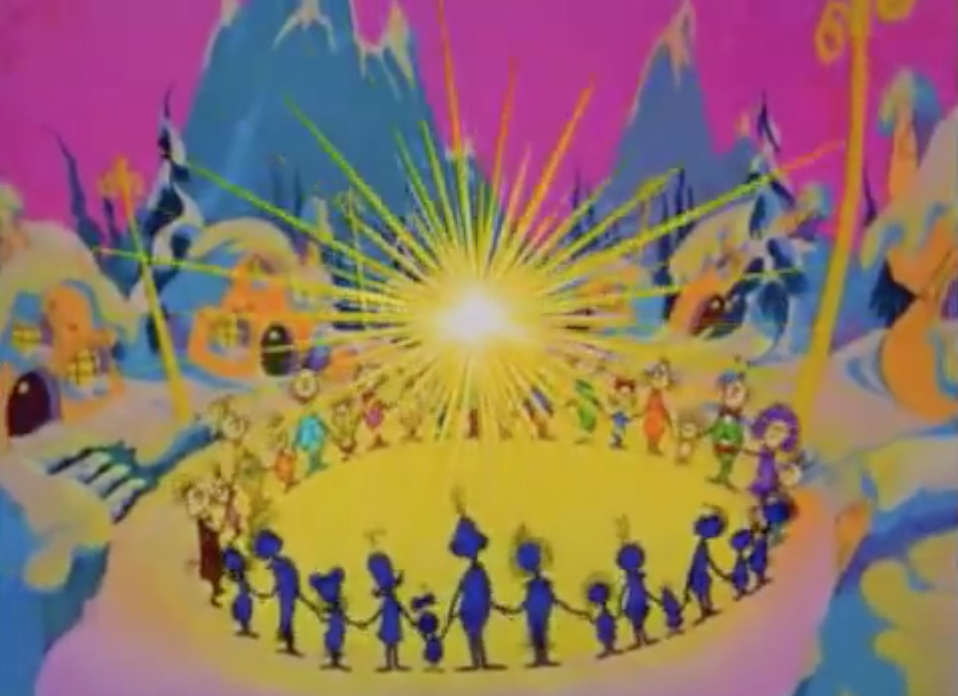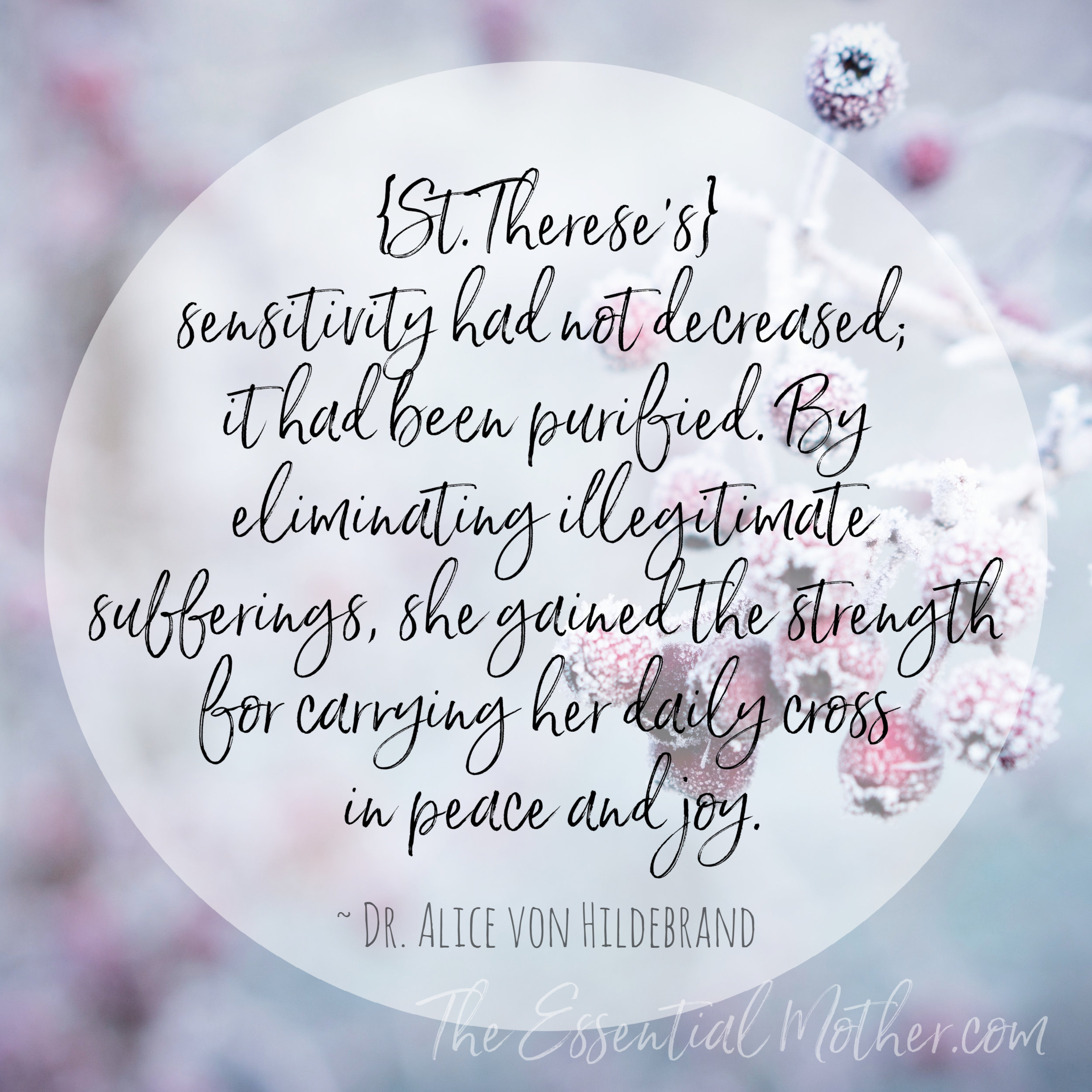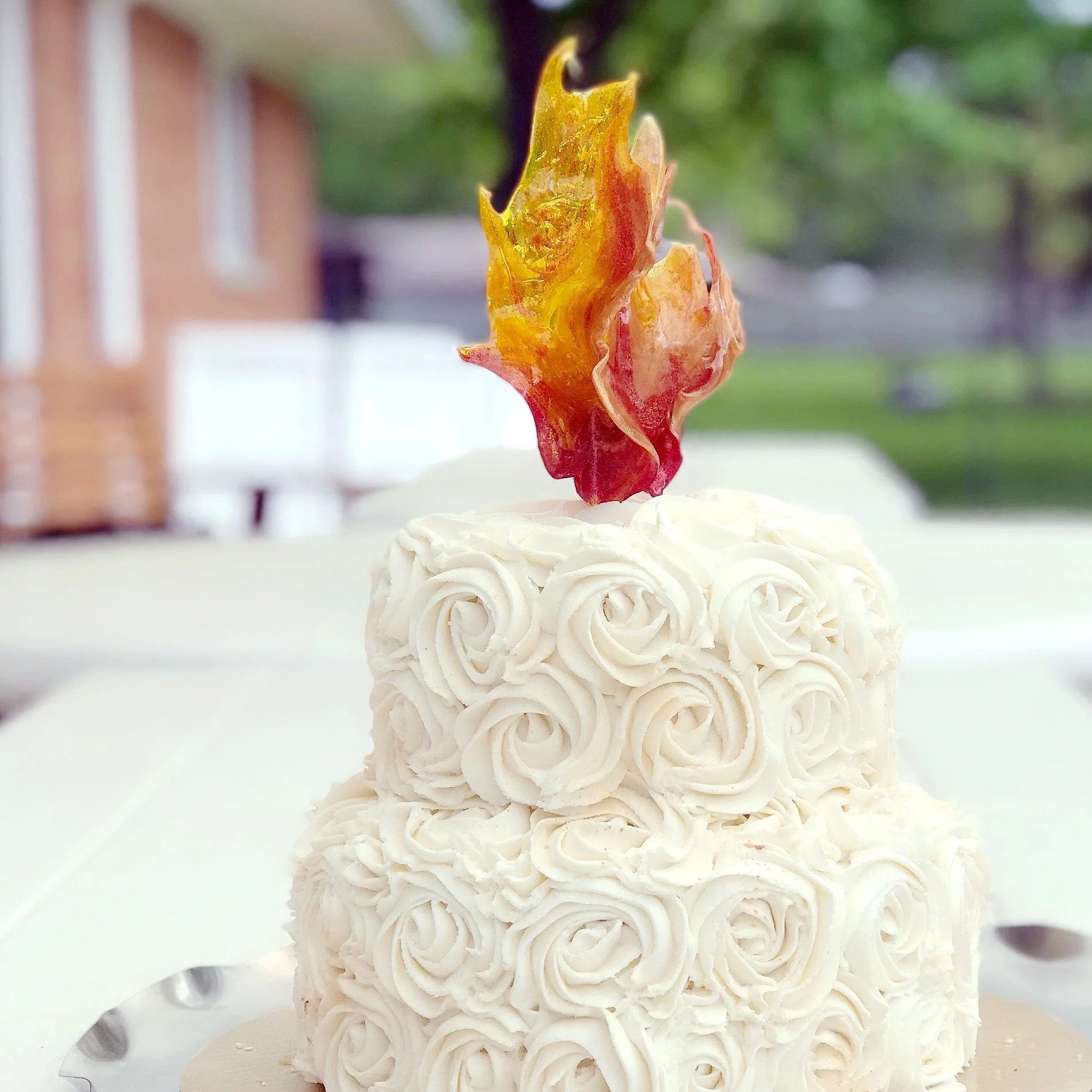How to be Happy When You Don't Feel Christmas
/My husband’s relationship with donuts has taught me so much about happiness at Christmas. Hang with me for a minute…
You see, he is a bit of an anomaly when it comes to weight loss. He’s never been overweight and is always within 15 pounds of his ideal, depending on desire and need. Since it is volleyball season for him and being a few pounds lighter helps his vertical and eases the stress on his (aging) joints, he decided to lose a few pounds. And he did.
He cut out some unnecessary calories, put in a couple extra workouts, and lost a few pounds. Just like that. I marvel at the ease with which he does that. There’s no emotion. He doesn’t hand-wring over the donut on the counter that he can’t have or the craving for a late night snack. He just acknowledges the pang and moves on.
Hello donut. Looking good. Have a nice day.
Totally detached. He doesn’t emotionalize the thing but just does it, while the rest of us are in the death grip of the drama of guilt, failure, regret, and all the wild highs and lows of… donuts.
Christmas emotion is like my special donut in that way. I crave it, reach for it, can’t have it, and fret over it endlessly and fruitlessly. I have convinced myself that I have a right to it and have incorrectly identified emotional satisfaction with joy.
I want my happy Christmas. I want it big. I want it now.
Over some difficult terrain of my young mothering years, I came to associate Christmas with certain negative emotions as I battled through difficult pregnancies and chronic health conditions. As things got tougher, Advent and Christmas became a source of physical and emotional pain…
“Dear Jesus… I do not know how I am going to survive this. I hurt everywhere from my toes to my soul. I can barely think. I can barely move. My children are waiting expectantly for joy to come… and I’m kind of in charge of facilitating that. I am a failure. And I have been left out.”
“Fake it ‘til you make it” is the ultimate practical survival tool in these moments. It works. But it costs something, too. The struggle of forcing my way through so many Christmases of pain pushed me into numbness necessary for survival. Each time I opened the door to my emotions, I was overwhelmed with pain and grief and so… I reflexively shut the door.
I will never forget the first year that numbness took over the holy days. I was used to pain but that nothingness was even more alarming to me. For the first time, I felt nothing at the beautiful Midnight Mass. Nothing in the morning. Not depression.... just a protective covering and fog over everything.
A new wave grief swept over that emptiness… Like a lost childhood. Like waking up from a lovely dream and finding darkness. Like learning that most earthly Christmas delights are the ones that you are too tired to prepare. This is Christmas? This is Christmas.
And so began a very late education in what Christmas is really about even though every middle class Christian knows that “Jesus is the reason for the season.” We think we know... because we can afford to purchase our endorphin rush with all the smells and bells and giving. We think we know… because we bought the bumper sticker. We think we know… because we helped set up the decorations at church and had Father over for dinner. But when the consolation of our own glittery preparations is gone, we fall hard and learn fast that we don’t really possess the peace of Christmas at all…
Because our attachment to the emotion of our celebration is stronger than our attachment to Christ. We have prepared the meal but have neglected the relationship.
This is especially true for Christians. We expect more from Christmas because we feel entitled to the emotions… it belongs to us. We want to uncover the glory and swim in it, celebrate it, share it. We grieve deeply when we cannot feel those things or when we feel the “wrong” emotions like sadness or loneliness.
I am not suggesting that emotions are bad, only that they easily become a god when we seek them instead of true encounter with Christ. Dr. Alice von Hildebrand writes about emotional sensitivities this way:
“Hypersensitivity becomes an illegitimate source of suffering when it is self-centered;… a sensitive heart is given to us to feel for others, and to love them more deeply and more tenderly. But since original sin, it tends to degenerate into a maudlin self-centeredness that is not only disastrous but also causes great pain for the sensitive person.”
My own pain pushed me into a self-centered shell. But as I moved past the alarm of the absence of feeling Christmas (except a vague sad ache), the intellectual fog began to clear, the grace of the sacraments acted, and I reawakened to the simple, undecorated truths of Christmas. I was not blinded by my emotions because I had few to grapple with. I was forced to look my disappointment in the eye and admit:
You’ve got it wrong. You’ve always had it wrong. You’ve been crying over the donut.
Then an incredible thing happened…
As I moved through the motions of Christmas, unfettered by the ups and downs of my complicated emotional chemistry, I found the steady hand of Jesus Christ walking me through the middle of the highs and lows. I looked to the right and saw the heights of Christmas cheer; the parties, the wrapping paper, the lights. I looked to the left and saw the deep valley of fatigue, disappointment, failure, and pain.
My own feet were on a narrow path right in the middle guided by the hand of Christ. I was given the grace to view the highs and lows with a third party objectivity… like my husband looks at a donut. The hand of Jesus felt like the weight of a million stars. Steady. Deeper than emotion. Beyond pain. Beyond consolation.
I acknowledge that am an emotionally sensitive person and I have allowed that gift to become a stumbling block to Christ. The grace to see that truth plainly was a healing gift that hasn’t made me perfect but has allowed me to grow a little.
As Christmas approaches, I am reminded once again that I must not worship Christmas and emotional consolation… but Christ alone.
Having an emotionally healthy Christmas is about engaging in a real relationship with Christ and allowing feelings to exist without allowing them to control our understanding of the truth. If you feel the emotional joy, welcome it but do not cling to it. If you feel a depression, don’t panic but walk with it calmly until it passes. Do not cling to it. Sometimes we don’t realize how strongly we cling to our sorrows and encourage our own melancholy.
The emotional Christmas donut simply has no legitimate authority over our relationship with Jesus Christ. The goal is not to restore emotion or eradicate it, but to put it in its proper place, subservient to authentic relational love.
If you struggle with emotions at this time of year, I encourage you to take half an hour and watch (or rewatch) the original Dr. Seuss version of How the Grinch Stole Christmas. It is the one of the simplest modern depictions of an emotionally healthy Christmas.
At the climax of the story, morning comes and the viewer knows that the residents of Whoville are awake. We know, without seeing, that they have found their trees and presents gone, their feasts missing, their decorations torn away. They don’t know who did it and they don’t know why.
The lights go on, a couple seconds pass, and then... the singing begins...
They gather with smiles in a circle in the center of town and immediately begin to worship. At least that’s what I see them doing. The bright star appears before them and rises with their song and rejoicing. They didn’t have to be worked up into joy… they simply never lost it to begin with. (Watch the clip HERE)
They knew that someone took their “donut” and perhaps they felt the sting of disappointment; but they didn’t allowed it to disrupt their relationship with the Heart of Christmas, who we know to be Jesus Christ.
Then - without any explanation given to him or drawn out drama - the grinch was immediately transformed. It was an almost ridiculously fast conversion. Cartoonish in its speed but also representative of the power, not of Christmas, but of the very Presence of God. That conversion is exactly what we spend all Advent (and our lives) seeking and which can certainly be accomplished in a moment when in the Presence of Divine Love.
I love this movie because it shows me how reflexively we are called to give all. In a moment. To choose love now and forever.
My own Christmas experiences have matured a little over the years. One result of my forced period of detachment has been a steady reconnection with a gentler emotional happiness. Since I am not as easily rocked by the raging emotional sea, I am more free to embrace the milder, deeper path. I don’t generally feel Christmas euphoria but neither do I usually experience a true depression. I’ve settled in with gratitude for every consolation and a more measured response to disappointment.
I don’t write this because I am spiritually advanced (I assure you that I am not and my loved ones can confirm!) but as someone who has been through (and am still going through) the school of Christmas hard knocks. In other words, I’m getting older and inevitably experiencing more... and I just want you to know...
Don’t fret over the donut. God has bigger plans for your happiness. In fact, He is the plan. He is your happiness. Rejoice!













































